|
In Bronnie Ware’s best-selling book The Top 5 Regrets of the Dying, she talks about her journey as a palliative care worker and the life lessons learned throughout her years tending to the needs of those who were dying.
Bronnie’s life was transformed through this experience, hence the reason why she felt so compelled to share her story with the world. She found that the number one regret that people had who were dying was that they wish they had had the courage to live the life they knew they were capable of living. Many of these people had a strong sense of calling and knew that there was something greater they were meant to do with their life, but a number of them felt they did not fulfill the dreams, ambitions or potential they had. It’s easy to fall into a life where we need to fit in and follow someone else’s rules or be ensnared by the trap of conforming to other people’s expectations. Many of us have fallen prey to this. There are a number of reasons why this happens. Perhaps one of the main reasons for this is failing to take ownership of our own life and the choices we make. Maybe it’s not having precision and clarity in regards to our goals, ambitions or what may be possible. As well, it could also be due to constantly reoccurring doubts about our own ability to live a life of genuine meaning and purpose. Nobody can say with certainty why some people live unfulfilled lives and never tap into their true potential. The reality is though that many people simply go through the motions of every day life failing to take the risk needed to explore what may be possible. If only they were more willing to follow their gut and trust their heart, who knows the true impact they could have in their life. Well-known French philosopher Henry Thoreau once said: “If you advance confidently in the direction of your dreams, and endeavor to live the life you imagined, you will meet with a success unexpected in common hours.” When contemplating Thoreau’s words, I am reminded of a story I once heard. In a commencement speech given by Denzel Washington, he talks about his own life, the hardships he faced, and how he never stopped believing in himself and his abilities as an actor. What Denzel says to the audience is this: “Imagine you are on your death bed and standing around you are the ghosts representing your unfulfilled human potential. The ghosts of the ideas you never acted on. The ghosts of the talents you didn’t use. They are standing around your bed…. angry, disappointed and upset. In that moment, they are saying to you, ‘We came to you because you could have brought us to life, but now we have to go to the grave together.’ So, I ask you today, how many ghosts are going to be around your bed when your time comes?” This is a haunting, yet powerful reminder of the beautiful inner capacity we all have to make a difference in the world through the special talents and gifts we possess. We all know that life can be brutally unfair at times. It doesn’t always offer us the opportunities or chances to apply our strengths in a way that helps us realize our potential. However, doing the internal work needed to have a crystal clear purpose and take the risks required to pursue the things that matter most to us, without question, can greatly help edge ourselves closer to our true potential in life. Regardless of our circumstances, we must keep our north star burning brightly, so that we always know our direction and head that way. If you were to reflect on your personal and professional life, how clear do you feel your purpose is? To what extent do you feel you are tapping into your true potential and what may be possible in your life? What unresolved conflicts within yourself may be getting in the way of you being the best version of yourself possible? And to conclude, I’d like you to reflect on Denzel Washington’s question, ‘How many ghosts are going to be around your bed when your time comes?’ This can be challenging to think about, but an important step in the process of finding and pursuing your best self. Thanks for reading.
3 Comments
I came across the miraculous story of John Diaz this week as I was doing some research for my podcast. John’s incredible story inspired me to think more deeply about how, as humans, we pursue meaning and purpose in our lives.
John’s story also made me contemplate the importance of taking action in our own life in a way that allows us to access the natural strengths, gifts, and talents we all possess. In doing so, we positively impact the world around us and leave our own mark on humanity. On October 31st, 2000, John Diaz was one of 179 people aboard Singapore Airlines Flight 006. Despite typhoon-like conditions, the plane still took off. Due to near zero visibility, the pilots accidentally tried taking off from the wrong runway which was much shorter than the actual runway they should’ve taken off from. John Diaz remembers feeling a slight bump which was the plane running through a small concrete barricade near the end of the runway. This was followed by a much harder bump as the plane smashed into a backhoe that was parked at the far end of the runway. John remembers his first-class seat being torn away from its base and being violently thrown around the first class cabin as the plane spun wildly out of control and tumbled to a halt. John was still conscious and knew he needed to exit as quickly as possible. The situation was dire as different sections of the plane were engulfed in fire. Before jumping out, he looked back at the economy class cabin. He described it as looking like Dante’s inferno with people still strapped to their seats and just burning. As the fire swept through the cabin, it seemed to John that there was a light coming from the top of each passenger’s head. He would later describe this light as an aura leaving their bodies with some lights brighter than others. Although not a religious man, this experience forever changed John Diaz and gave him a new kind of spirituality. After this tragic accident, he genuinely came to believe that the brightness and dimness of the auras he had seen on the burning plane were a representation of how one lives their life while on earth. John would go on to say: “I want to now live my life so my aura, when it leaves, is one of the brightest ones.” John first told this story on the Oprah Winfrey show in 2006. This story also changed Oprah. It made her think much more deeply about ‘how one lives a meaningful life’ and that the purpose of our lives should be to become the very best version of ourselves possible. In Oprah’s own words she says: “I want to grow myself into the best of myself.” I recently had a few discussions with a good friend. This person believes that they have gotten off track in their own life. As a result, they want to commit themself to doing whatever it takes to find greater meaning and purpose in their life. Although this person is already a high achiever who has built a good life for their family, they know that deep within themself, they want to find much more meaning and fulfillment. It is very brave of them to take on the challenge of becoming a better version of themself and to seek deeper levels of well-being. In the process, they will not only be a better spouse, parent, and friend, but the internal work they do to seek deeper fulfillment in their life will probably also have a very positive impact on their professional life as well. They know with full certainty that this entire process begins within themself. As Oscar award winning actor Denzel Washington says: “At the end of the day, it’s not about what you have or even what you’ve accomplished….. It’s about who you’ve lifted up, who you’ve made better. It’s about what you’ve given back.” When hearing John Diaz’s story, what comes up for you? To what extent are you living your life in a way that moves you closer to being your best self? When you reflect on your words and actions, can you say, with confidence, that you are leading yourself down the right path? How bright is your aura? What do you need to do to create even a brighter aura in your life? Whether you believe John's story or not is irrelevant as this story serves more as a metaphor for the importance of living the most meaningful life possible. In becoming the very best version of ourselves possible, we honor who we are and the gifts we've been blessed with. And we lift up and buoy those around us to do the same. As always, thanks for reading and for sharing these posts with anyone who you feel will benefit from reading them too. Shine on folks. I recently had a conversation with a friend who holds a senior leadership position in an organization. Over the past few years, this person has committed himself to becoming the very best leader he can be. This journey has led him down a path of daily journaling, reading, and looking at himself and his work through multiple different lenses in order to truly assess the genuine impact he has as a leader.
Research done by the Harvard Business Review suggests that, while many organizations understand the importance of leadership development, very few actually prioritize ongoing professional training for its leaders nor holds them accountable for their own growth. Pockets of great leadership within organizations exist everywhere, but the work done to achieve great leader status often happens in silos. Many leaders hold their people to the highest standards possible, but the extent to which they hold themselves and their fellow leaders accountable for their own actions is often hit and miss. This can lead to a ‘bleeding out of overall morale’ in the workplace. Great leaders are much more interested in understanding reality than in being right. They are willing to accept when they are wrong and seek the feedback needed to continually grow within their own role. They prioritize their own growth and place the people who they serve at the core of everything they do. The friend I mentioned earlier in this blog post prioritizes autonomy in the workplace. He has committed himself to creating an environment that provides the autonomy needed for all people to thrive and flourish. But with this focus on autonomy must come accountability. He is grappling with how best to support autonomy, but to ensure that with this autonomy also comes a deep sense of responsibility and accountability. What he has come to understand is that accountability must start with him and how he models it to the people in the organization. Therefore he has two different questions that he will further reflect on over the next several weeks:
He knows that the expectations he holds for his staff must also be the same expectations he holds for his senior leadership team. As he continues to reflect on the two questions above, he will refine his own ways of working to best exemplify what it means to lead with responsibility and to keep accountability on his radar at all times. In his next whole staff meeting, he has decided to share why the concept of autonomy is so important to him. In sharing his own story and experiences, he is hoping his people will better understand why he wants to prioritize autonomy. However, in sharing this, he also needs to deeply address accountability and what accountability actually means. Rather than be the knowledge authority on this theme and tell his people what they are expected to know and understand about accountability, he is turning the conversation over to them to unpack on a deeper level. They will co-construct what accountability means on multiple different levels within and across the organization in order to make some agreements around it. The 4 questions they will unpack as a whole group are:
In letting go of control and the need to ‘tell people what and how to think’, he is ultimately creating the conditions for voice within his organization and modeling what leading with humility and autonomy actually means. As he has not taken this approach before, he is uncertain how it will go. However, he is willing to take the risk to make himself vulnerable in sharing his own story and why autonomy means so much to him based on past experiences. He is willing to try something new. Well-known actor and Oscar award winner Denzel Washington once said, “Nothing in life is worthwhile unless you are willing to take risks” and that “Every failed experiment is one step closer to success”. By approaching a new way to address genuine accountability in his organization, my friend is taking the risk needed to lead by example. He strives to push himself toward continual growth and progress as evidenced by his willingness to do things differently even in the face on an uncertain outcome. In the words of Benjamin Franklin: “Without continual growth and progress, such words as improvement, achievement, and success have no meaning.” How true these words are. Especially when it comes to leadership development and growth. In reflecting on this blog post, how do you, as a leader, provide autonomy in your workplace? As well, how do you ensure that all stakeholders understand the importance of accountability? And lastly, how do you hold your fellow leaders accountable for their actions and words? Thanks for reading. Have any thoughts? Please share in the comment box below. Former South African President, Nelson Mandela, has been universally regarded as a remarkable leader. He had a powerful yet humble presence and keen ability to see the big picture. He demonstrated deep compassion and kindness for others and consistently displayed high levels of forgiveness.
One day he was asked this very simple question: How did you learn to become such a great leader? In response to this question, Mr. Mandela shared that he was the son of a tribal chief and that his father would always bring him to his tribal council meetings. As a child, Mr. Mandela would sit and closely observe these meetings and in looking back on these memories, he clearly remembered two things. The first thing was that these meetings were always held with the group sitting in a circle. There was no head of the table. Everyone faced each other. The second thing he clearly remembered was that his father was always the last to speak. He placed great value on ensuring he heard everyone else’s point of view, opinions, ideas, and thoughts before speaking himself. Well-known author and inspiration speaker, Simon Sinek, once shared this Mandela story in a commencement speech he gave to illustrate several key points about the power of listening. Sinek believes that one of the biggest problems with leadership is that in boardrooms across the world, many leaders will come in and sit at the head of the table. They will present problems or issues then go on to share what they think first and then ask everyone else in the room what their opinion is. According to Sinek, it is too late. You’ve lost your people and already stated what you think is right. He encourages leaders to be much more like Mandela and his father. The greatest skill a leader can possess is to 'hold their opinions to themselves' until everyone has spoken. This does two things.
Mandela learned that the key to great listening is to put your ego aside and empower others around you to share their insight, ideas, solutions, and thoughts. Exceptional leaders talk less, listen more and ask better questions. According to research done by the Harvard Business Review, leaders have more lines of communication than anybody else in the organization. However, the information that flows to them can be suspect and compromised. Warning signs are tamped down, key facts omitted and data sets given a positive spin. All of this translates and morphs itself into a dangerous information bubble. To avoid this trap, great listening is a skill that must be worked on. By asking the right questions and truly listening, great leaders are better informed and equipped with the insight they need to make informed choices. When it is their time to speak, they have not only empowered those around them, but also let these people know that their opinions and thoughts matter. An acronym I once came across in a leadership article I read was WAIT: Why Am I Talking? A great self-check tool for any leader to remind themselves about the importance of practicing deep listening skills, rather than filling the air unnecessarily with their thoughts and opinions. In closing, Mandela once said: “I learned to have the patience to listen when people put forward their views, even if I think those views are wrong. You can’t reach a just decision in a dispute unless you listen to all sides.” As you reflect on your own leadership style, to what extent do you honestly feel you take the time to listen first before speaking? In what ways have you grown as a listener during your time in leadership? To what extent do you ask clarifying questions and probe for deeper understanding before sharing what you think or believe? Would the WAIT acronym better serve you as a leader in order to remind you to self-check when speaking? As always, thanks for reading. Hope this blog post resonates with you and inspires you to be even a better listener. Traditional leadership would have us believe that emotions are not supposed to be shared and that a strong and lasting presence must be shown at all times.
Traditional leadership would also suggest that intellect and a deeply strategic sense always prevails. Charging ahead full force is the only way forward. Do not show weakness or back down. Ensure that everyone around you knows who calls the shots, who has the last voice at the table. Instilling an edge of fear in the workplace ensures that everyone knows the rules to play by. These are the things the traditional leadership playbook suggests must be put into action in order to be effective. Is There Another Way? The most recent evidence around leadership clearly shows that people, in general, deeply value and appreciate leaders who demonstrate authenticity. They want leaders who prioritize social connection over the facade of strength and being the knowledge authority. The feedback also shows that: People want to be led and encouraged, not controlled. People want to be valued and seen, not invisible. People want to be autonomous in the work they do, not micromanaged. The most striking attribute about great leadership is not intellectual capacity, nor their ability to stand up in front of their people and control the stage. It’s so much more than that. The best leaders are true to themselves. They make themselves vulnerable. Not in a sloppy ‘pour all their emotions out way’, but rather, in a genuine style that is much more authentic than this. Great leaders speak their mind. They can make the tough calls. They are firm in their decisions. But those decisions come from juggling the fine balance needed between the vision/mission and what they know is best for their people. And they rarely deviate from this path. The best leaders understand that their legacy will be defined by the way they made people feel. They always remember who it is that they ultimately serve (which is not themselves). Near the end of Florence Nightingale’s life, she deeply contemplated the impact that her work had in the world. With death closing in on her, she carved out the following words on a wax tablet. It was these exact words that summarized her biggest hope about the impact she had in the world: “When I am no longer even a memory or just a name, I hope that my voice may perpetuate the great work of my life.” Florence knew that it was never about her, but more so the lives she saved and the people she changed through her work. She knew that her memory would long be forgotten, but what mattered most was the impact she had in her field. If you are a leader reading this, how do you self-check and hold yourself accountable? How do you ensure that you put your ego aside and remember who it is you serve? And lastly, to what extent are you willing to look closely at yourself and the actions and the words you use in order to better understand your true impact? As always, these posts are meant to provoke thought about what it means to be a great leader. It’s not about having the answers, but more so about sparking deep thought about what is possible in regards to the genuine impact that you have as a leader. And always remembering that life is short and that you are privileged to have the role you do. Thanks for reading. Over the past couple of decades, I’ve been lucky enough to connect with many leaders around the world. Having worked internationally in 5 different countries over the past 20+ years, I’ve seen a wide range of leadership styles across multiple different contexts and industry. Although the field of education has been my primary focus, I have also been able to connect with, observe, interact, and coach a number of leaders in other fields as well.
This has led to developing a deep interest in the concept of ‘leadership’ and the notion of what makes the most impactful leaders great at what they do. Regardless of industry, why is it that some leaders seem to naturally inspire confidence, trust, hard work, and loyalty, whereas others repeatedly stumble, show limited growth, and fail to hold the mirror of accountability up to themselves? The topic of leadership has been explored from countless angles over the last 50-60 years and there are no simple answers when it comes to the question, “What makes leaders great at what they do.” Research done by Warren Bennis and Robert J. Thomas have led them to believe that being a great leader has something to do with a person’s ability to pick apart negative events and learn from them. As Bennis and Thomas say, “the most reliable indicators and predictors of true leadership is an individual’s ability to find meaning in negative events and to learn from even the most trying circumstances”. It takes a certain mindset to be able to address adversity and conquer it. The the following words of Hellen Keller bear deep reverence in regards to the importance of overcoming very difficult challenges in life. “Character cannot be developed in ease and quiet. Only through experience and suffering can the soul be strengthened, vision cleared, ambition inspired and success achieved.” Although many leaders are competent and bring a wealth of experience to their role, research suggests that very few of them make the time for deep reflection. Some may do a superficial dive into their own impact and take the risk needed to get honest feedback, but reflective practice is what accelerates improvement of leadership skills and enables leaders to better understand themselves and others. Leaders who value and prioritize deep reflection as part of their own journey of learning (especially during times of struggle and hardship) are the ones who experience much more growth in their career. It’s these types of leaders who have the courage to face the feelings of discomfort, vulnerability, and defensiveness that can arise as a result of deeply reflecting on one’s performance. They understand that the process of reflection helps lead them to valuable insights and even breakthroughs in their own leadership abilities. This is particularly true when they face harsh, negative feedback from their colleagues. Rather than ignore or push aside this feedback, make excuses, or get angry, they choose to address it head on and learn from it. For example, I know one leader who received very harsh feedback that indicated most people in the organization felt that this leader was too controlling, not genuine, unpredictable, and was not transparent at all in their words and actions. At first, this leader felt upset and defensive. Their gut instinct was to turn the finger of blame back on those who provided them with the feedback. However, through a process of deep reflection, they had the courage to ask themselves to what extent was there any truth in this feedback. Through our work together, this leader reflected, in written form, on a specific set of specific questions that we created together. What is it that I fear the most about letting go of (some) control? How long has this fear of letting go of control been present in my life? Provide specific examples. What is holding me back from being more genuine with my colleagues? What do I need to let go of within myself to be able to better communicate with my colleagues? How might I build more trust with my colleagues? This leader is still working on their own improvement plan. However, asking a different set of questions enabled them to be more expansive in their own thinking. It helped to frame up their own learning and growth through a different lens. Doing so has sparked some needed change in their own leadership practice, but it all began with their willingness to invest in deep reflection as part of their own journey of learning. Establishing a specific process for reflecting on one’s leadership is not easy, but necessary for growth. The process doesn't have to be the exact same for each leader, but figuring out the best process is what matters the most. I hope this post helps you to think about your own leadership practice and how you might continually learn and improve. Thanks for reading. |
AuthorKAUST Faculty, Pedagogical Coach. Presenter & Workshop Leader.IB Educator. #RunYourLife podcast host. Archives
September 2022
|
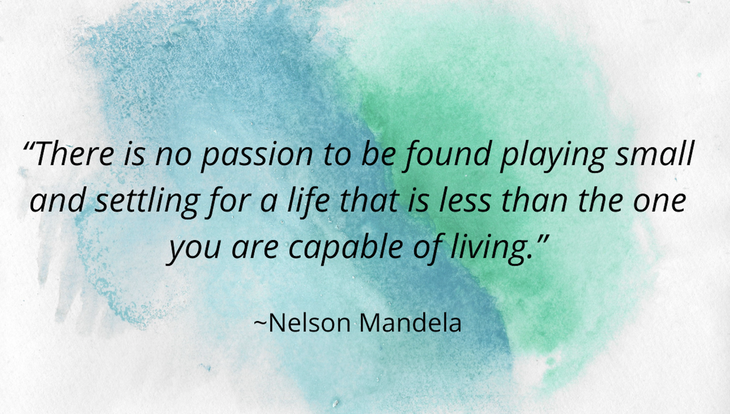
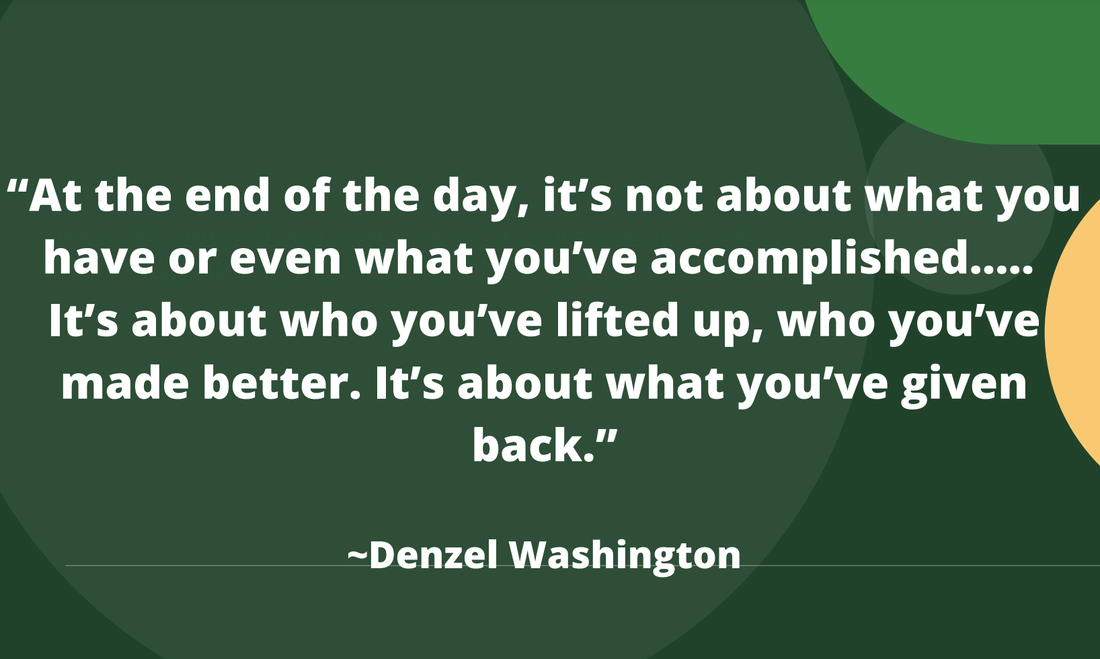
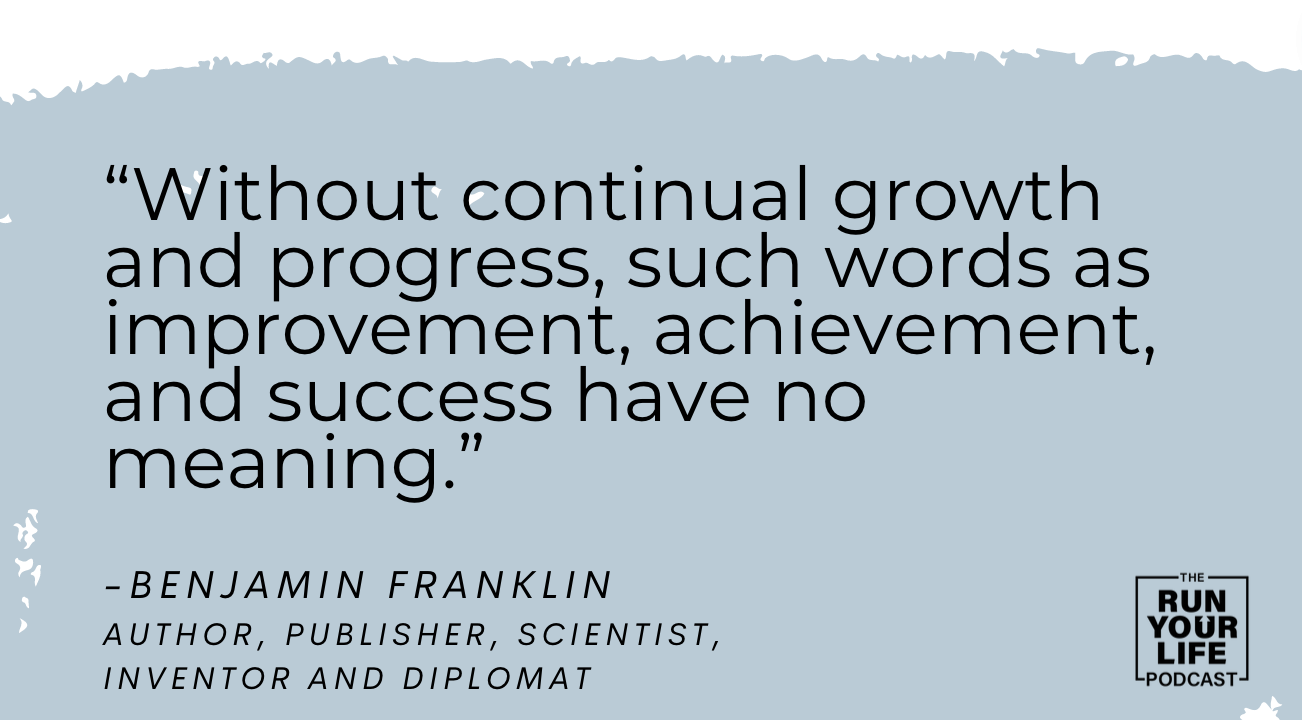
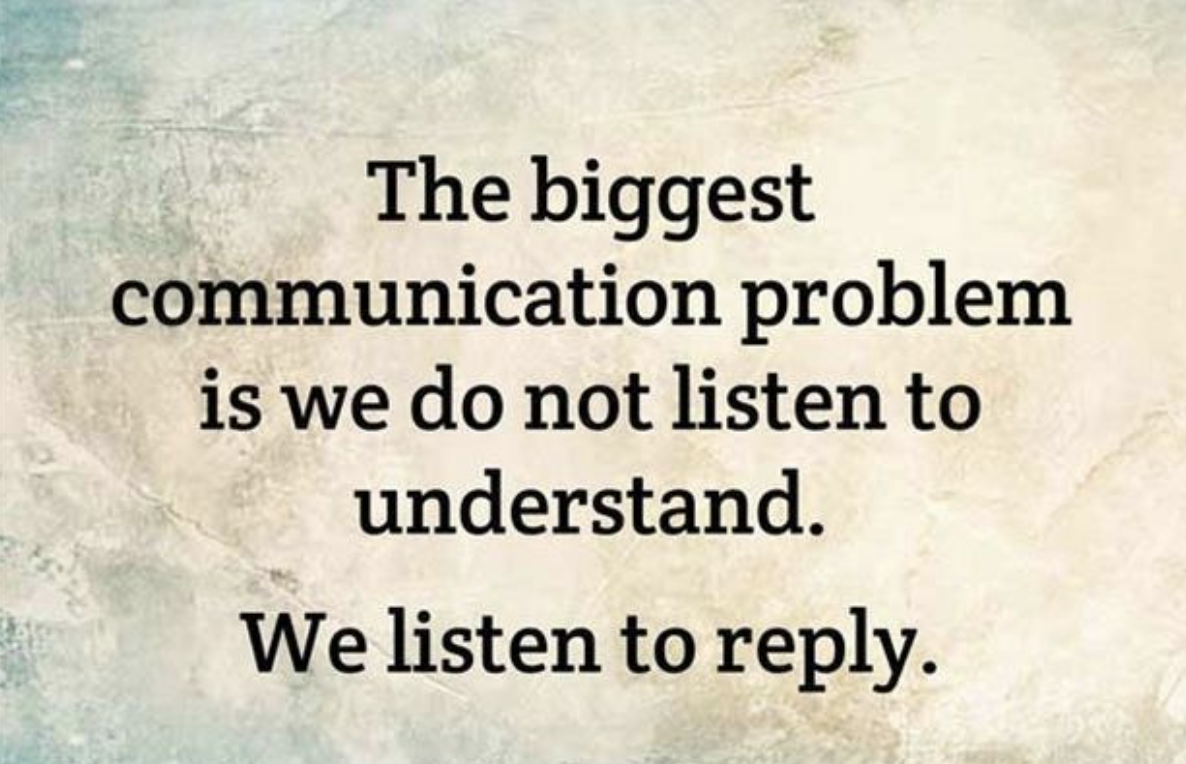
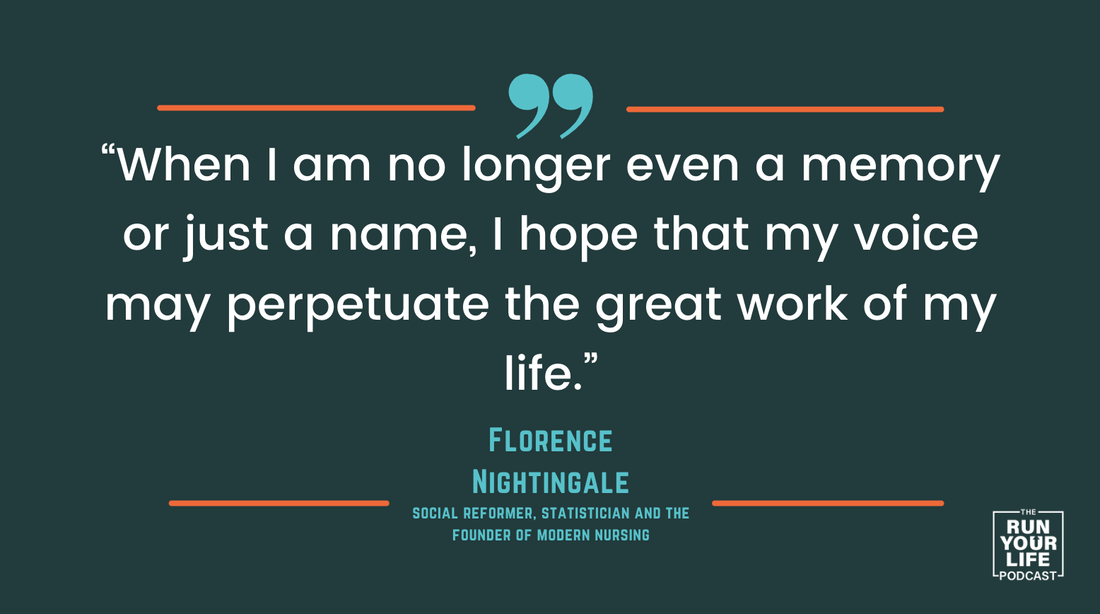
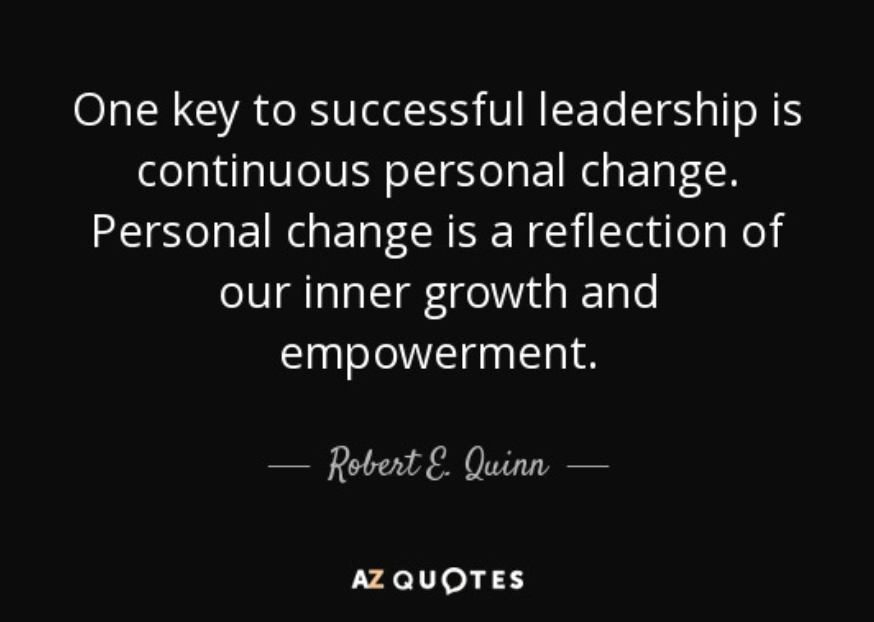
 RSS Feed
RSS Feed